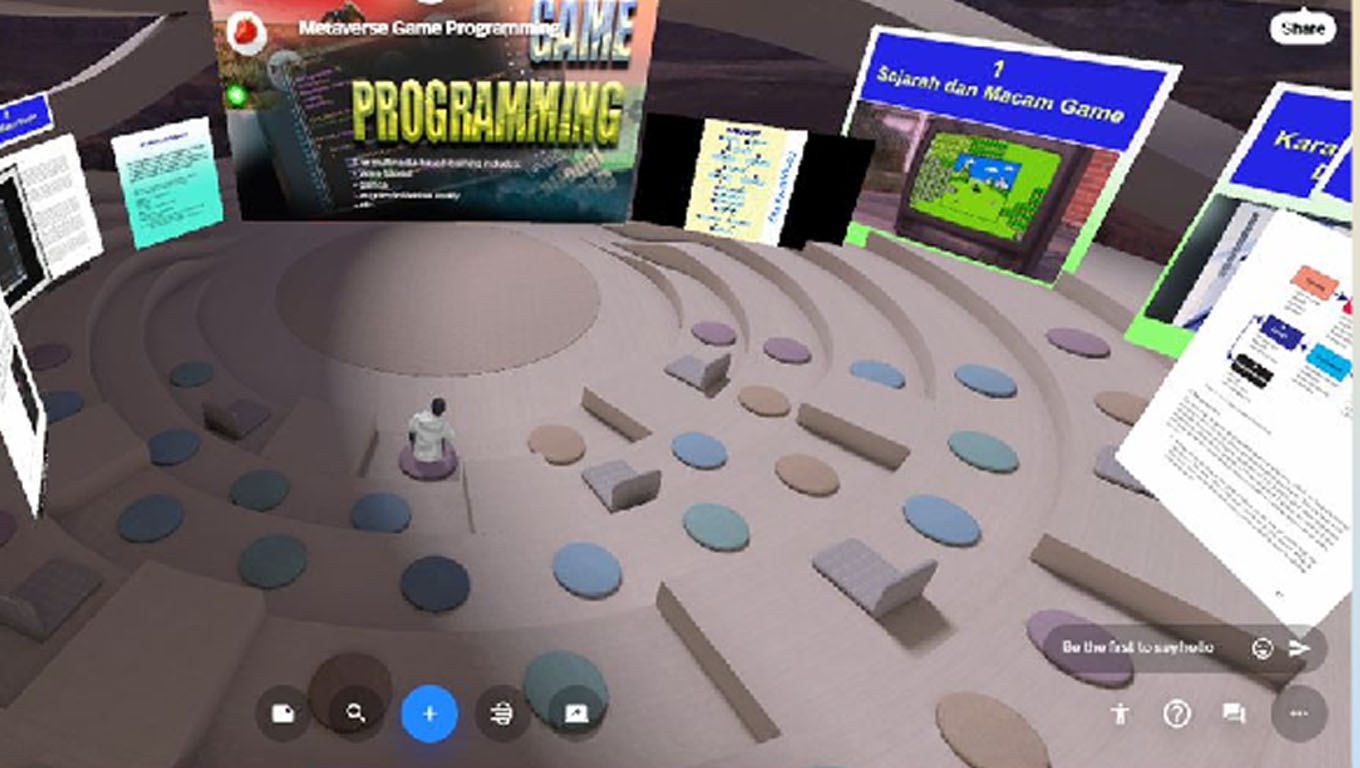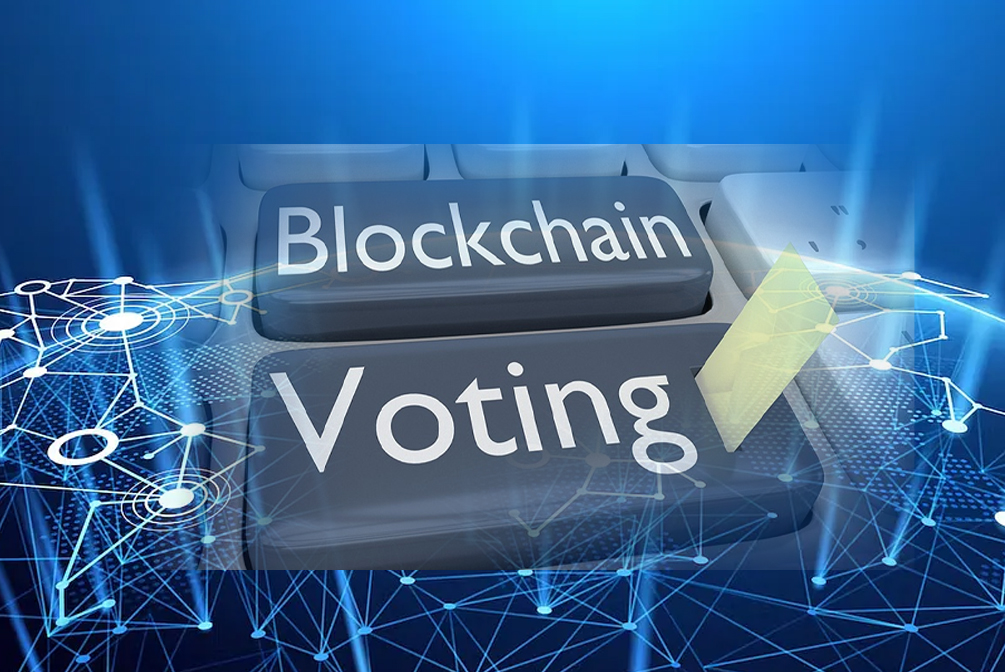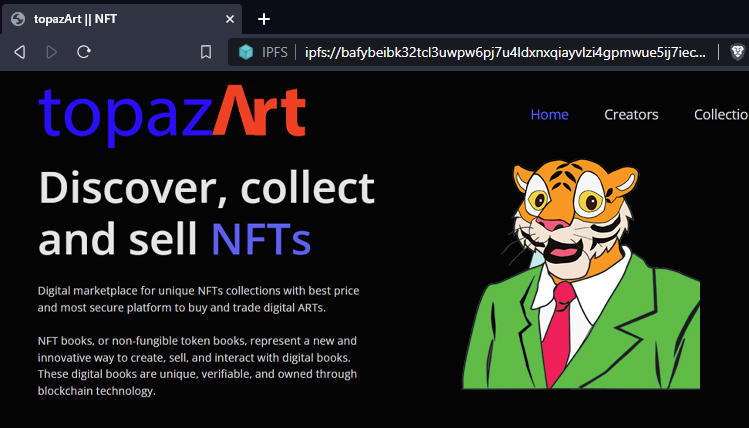In today's society, the utilization of technology has become indispensable in addressing human needs. However, alongside its increasing prevalence comes a host of new challenges within democratic processes, as widespread distrust in governmental institutions pervades. Consequently, the significance of elections in modern democracy cannot be overstated, serving as pivotal events that determine the fate of nations and organizations alike. Nevertheless, the pervasive lack of confidence in electoral systems across large swathes of society poses a significant threat to the democratic process.
Even in the world's foremost democracies such as India and the United States, flaws within the electoral system persist. Issues ranging from vote rigging and electronic voting machine hacking to election manipulation and polling booth capturing underscore the pressing need for reform within the current voting paradigm.
Blockchain
The blockchain, characterized as an emerging, decentralized, and distributed technology, holds the potential to revolutionize various industries. One promising application lies in expanding e-voting systems onto blockchain platforms, offering a potential solution to address existing concerns within the electoral process.
Undoubtedly, the dynamic nature of blockchain, serving as the foundational technology behind renowned cryptocurrencies like Bitcoin, marks the onset of a new era in internet and online services. While mainstream attention often fixates on cryptocurrencies, it's essential to recognize the broader spectrum of possibilities unlocked by blockchain technology. Its inherent immutability enables the secure migration of numerous operations, spanning administrative tasks to fintech solutions, from offline to online realms. The power of blockchain lies not only in its ability to facilitate secure transactions but also in its incorporation of smart contracts and a myriad of features that transcend traditional systems.
The Smart Contract
Smart contracts are meaningful pieces of codes, to be integrated in the blockchain and executed as scheduled in every step of blockchain updates. E-votin, is another trending, yet critical, topic related to the online services. The blockchain with the smart contracts, emerges as a good candidate to use in developments of safer, cheaper, more secure, more transparent, and easier-to-use e-voting systems.Due to its consistency, widespread use, and provision of smart contracts logic, Ethereum and its network is one of the most suitable ones. An e-voting system must be secure, as it should not allow duplicated votes and be fully transparent, while protecting the privacy of the attendees. In this project, we have implemented and tested an e-voting application as a smart contract for the Ethereum network using the Ethereum and the Solidity language.
Blockchain to bring transparency to elections
Free and transparent elections serve as the bedrock of any democratic society, necessitating the establishment of a robust voting infrastructure. To address longstanding concerns over electoral integrity, leveraging a decentralized platform for polling, counting, and result announcements presents a viable solution.
So, how can we effectively address these issues? Conducting elections on the blockchain offers several advantages:
- Tamper-Proof System: By utilizing blockchain technology, the electoral roll becomes immutable, thwarting any attempts at tampering. Blockchain-powered voting devices, replacing traditional EVMs, enable voters to securely input their biometric details, generating a unique hash key for voting authentication.
-
Data Integrity: The inherent nature of blockchain makes data alteration virtually impossible. Any attempt to manipulate data is easily detectable through the transparent and traceable ledger technology.
-
Transparency: Stakeholders have access to secure and transparent data, promoting accountability and trust in the electoral process.
-
Choice of Consensus Mechanism: Selecting the appropriate consensus mechanism is crucial. While Proof of Work may be susceptible to manipulation, Proof of Stake coupled with outsourced protocols could offer robust supervision, ensuring the integrity of elections.
-
Private vs. Public Blockchain: Employing a private blockchain enhances data confidentiality, crucial for maintaining the secrecy of polling data in multi-phased elections like those in US and India.
By embracing blockchain technology, we can bolster confidence in democratic governance globally. Distributed ledger platforms offer error-free results calculation and ballot reconciliation, facilitating transparent verification of the polling process. Any revisions to polling results are publicly visible and auditable, ensuring accountability and fair outcomes. Independent monitoring and verification further authenticate the legitimacy of election results, fostering trust in the electoral process among citizens.
Conclusion
Implementing blockchain-based e-voting systems holds tremendous promise in addressing the longstanding challenges facing electoral processes worldwide. By leveraging the decentralized and transparent nature of blockchain technology, we can establish a voting infrastructure that ensures integrity, security, and trust in democratic elections.
Through tamper-proof systems, data integrity mechanisms, and transparent verification processes, blockchain-based e-voting offers a viable solution to combat electoral fraud, manipulation, and distrust. The use of cryptographic techniques and decentralized consensus mechanisms ensures the immutability and transparency of voting records, safeguarding the sanctity of elections.
Moreover, blockchain technology enables efficient and secure voter authentication, ballot casting, and result tabulation, thereby streamlining the electoral process and enhancing accessibility for voters. The adoption of blockchain-based e-voting not only mitigates the risks associated with traditional voting systems but also fosters greater participation and engagement in democratic governance.
Overall, the transition to blockchain-based e-voting represents a significant step towards building a more inclusive, transparent, and resilient electoral infrastructure, ultimately reinforcing the foundations of democracy in the digital age.









 Web3 page with extension .nft
Web3 page with extension .nft



















